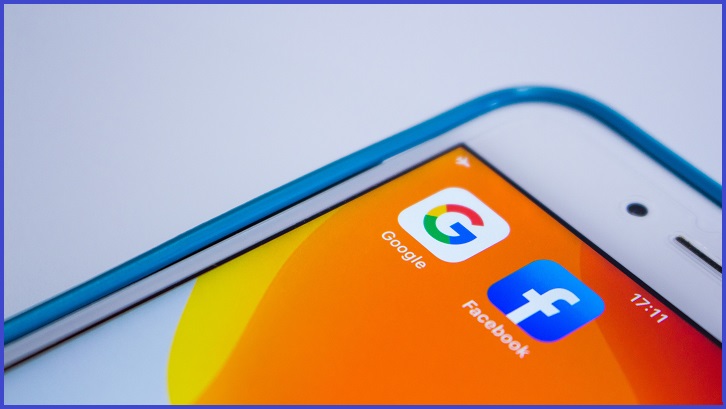After a heated battle in public and behind closed doors, the government introduced its news media bargaining code to parliament on Wednesday which included some concessions to Google and Facebook.
The long-awaited piece of legislation is designed to make the tech giants pay local news sites for content that features on their platforms.
But since the release of draft legislation in late July, the government has softened its stance.
Under the new code, the benefit news sites gain from being included on Facebook and Google will be a factor for arbitrators to consider when determining compensation for news content.
The new code will also only apply to Facebook’s news feed and Google search – not other products such as Instagram and YouTube initially, though the treasurer can designate different platforms if required.
News businesses will have less notice for algorithmic changes that might effect their content rankings, down to 14 days from 28.
Nine Entertainment disagreed with the government’s concessions, saying the code does not go far enough toward curbing the power of US tech giants.
“The continued concessions to the digital platforms only entrenches both their monopoly power and the significantly unfair imbalance in regulation,” a spokesperson told the Nine-owned Australian Financial Review.
“These companies pay little or no tax, contribute little and often negatively to our culture, and employ no creative teams.”
The ABC and SBS, excluded from the draft legislation, will get their opportunities to receive payment for news content under the new laws.
In his second reading speech, Treasurer Josh Frydenberg said “the eyes of the world” will be watching Australia’s approach to limiting the power Google and Facebook have over online discourse.
“The laws of the digital world should reflect as far as possible the laws of the physical world,” Frydenberg said.
“We are not seeking to protect traditional media companies from the rigour of competition or, indeed, technological disruption, which we know benefit consumers.
“Rather, we are seeking to create a level playing field where market power is not misused and there is appropriate compensation for the production of original news content.”
That market imbalance was highlighted when the Australian Competition and Consumer Commission (ACCC) handed down the findings of its Digital Platforms Inquiry last year.
It noted a poisoned chalice for news organisations who have lost large amounts of advertising revenue to Facebook and Google while simultaneously relying on the digital platforms to get site traffic.
The tech giants have vehemently opposed the reforms.
Facebook simply said it would stop Australians from posting news articles while Google launched a public relations blitz which included warnings splashed across Google search that suggested the site wouldn’t be the same for Australians under the laws.
When asked at a press conference on Tuesday whether the government had any assurances that Facebook and Google wouldn’t carry through with their threats, Frydenberg said conversations with the tech giants’ directors had been “constructive”.
“In fact,” Frydenberg said. “They praised the level of consultation that the Government has undertaken through this process.”
The proposed laws will still have to pass through the senate next year.










